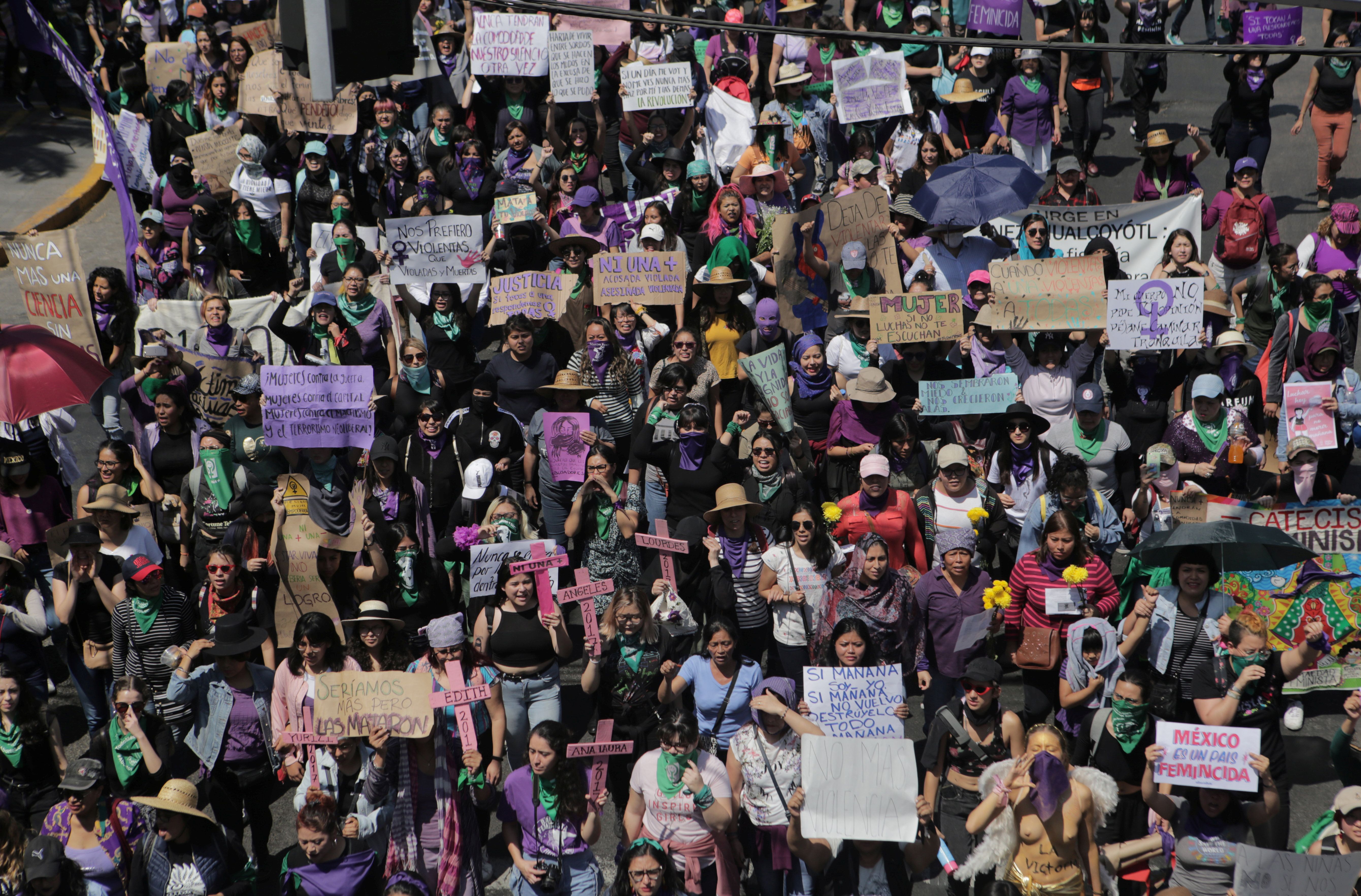Hard Numbers: Mexican women, Lebanese defaults, MH17 victims, and migrant children
1.2 billion: Lebanon, wracked by economic and political crises, will suspend payments of $1.2 billion in loans, marking its first sovereign debt default. As a result, Beirut could face legal action from lenders that could push its already flailing economy (its debt reached 170 percent of GDP) towards collapse.
298: The names of all 298 victims killed in the 2014 downing of Malaysian Airlines Flight 17 were read out in court as the murder trial of four defendants (in absentia) got underway in Amsterdam. It's been six years since the aircraft was hit by a missile fired from territory held by pro-Russian forces amid fighting in eastern Ukraine. The defendants – three Russians and a Ukrainian – all held senior posts in pro-Moscow militias in the region.
5: Five EU countries – Finland, France, Germany, Luxembourg and Portugal – have agreed to take in some migrant children who are trapped in no-man's-land on the Greek islands amid ongoing tensions along the Greek-Turkish border. Around 1,500 children who are unaccompanied or deemed "very sick" will be absorbed in total, according to German media.
67: As women in Mexico hit the streets Sunday and Monday for a national strike against gender-based violence in that country, a new high of 67 percent of Mexican adults – both men and women – agreed that women in their country are "not treated with respect," according to Gallup.
